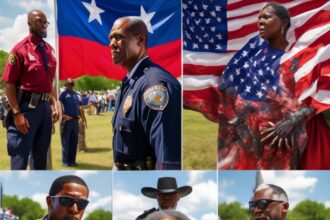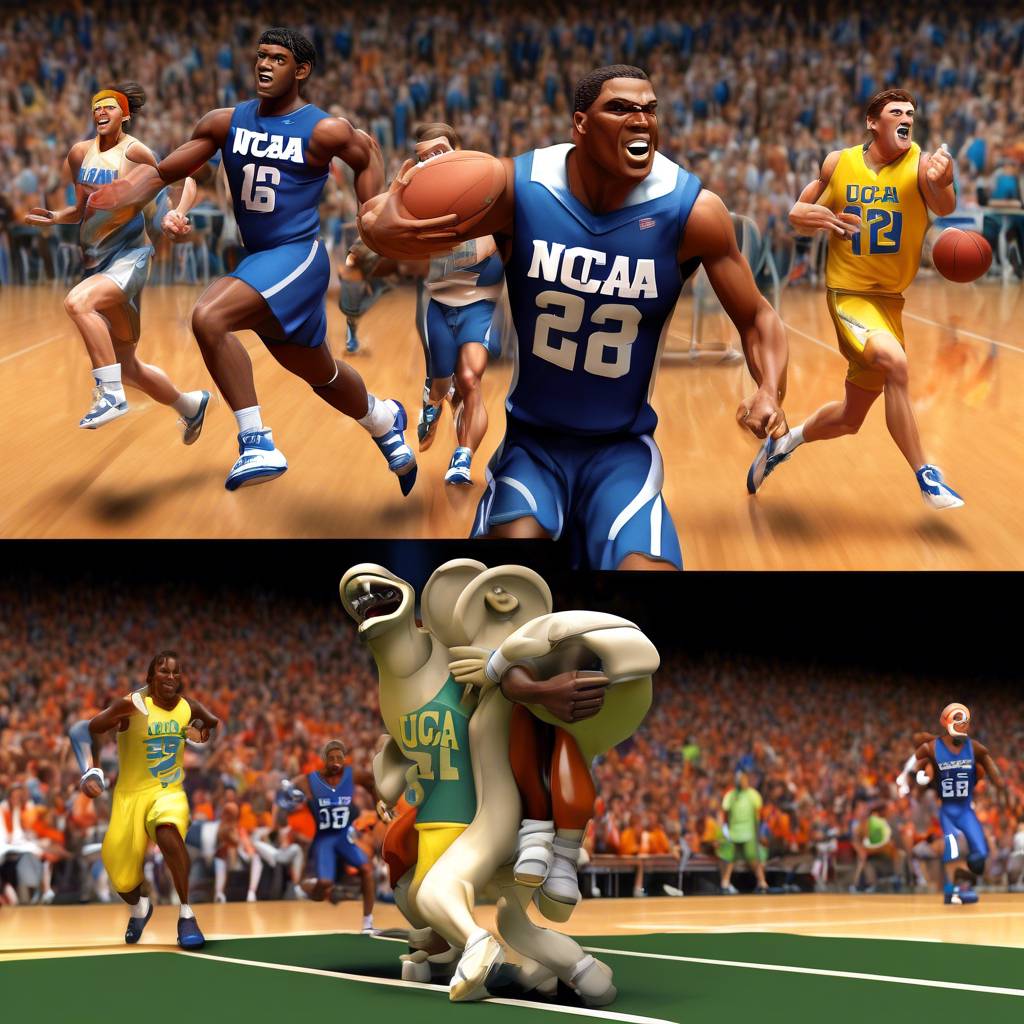In a recent ruling by the 11th Circuit, volunteer golf attendants at a public golf course claimed that the County violated the Fair Labor Standards Act by paying them below minimum wage. The County argued that the attendants were not employees and therefore not entitled to compensation, a stance that was ultimately agreed upon by the court. This ruling could potentially have implications for the ongoing legal battles regarding athlete compensation and employment in college sports, particularly in cases involving the NCAA and its member institutions.
On the other hand, the Dartmouth men’s basketball team had a different outcome in their fight for employee status in front of a National Labor Relations Board regional director. While the cases are different in various ways, the NCAA may still leverage the ruling from the 11th Circuit in future litigation regarding college athletes as employees, as they face multiple lawsuits on this issue. This ruling may offer the NCAA some legal footing for their business model, which has been criticized in the past.
The golf attendants involved in the Adams v. Palm Beach County case responded to specific advertisements seeking volunteers to help run the golf course. They carried out duties that paid employees at private courses would typically handle, such as greeting customers and cleaning equipment. The only compensation offered to these volunteers was heavily discounted rounds of golf at the course in exchange for their work. The volunteers argued that they were primarily motivated by the discount and therefore should be considered employees entitled to minimum wage.
The court had to determine whether the discounted golf rounds constituted inadequate compensation or simply a reasonable benefit of their services. They concluded that the discount did not count as compensation. On the other hand, the NLRB ruled in a different case involving Dartmouth basketball players that non-wage benefits were indeed considered compensation for their services. These differing outcomes highlight the complexities of the issue of athlete compensation and employment in college sports.
The debate over whether college athletes should be considered employees and entitled to compensation is ongoing, with various legal battles and different rulings on the issue. The NCAA has faced criticism and multiple lawsuits regarding this matter, with no clear resolution in sight. The potential for some college athletes to be considered employees under the NLRA but not under the FLSA could lead to unique legal situations and bargaining leverage for athletes at private schools.
While the scenario of college athletes being employees under the NLRA but not under the FLSA may seem unlikely, it is not entirely implausible. This could potentially allow athletes to unionize and engage in collective bargaining while still giving them some leverage over non-economic interests. The issue of athlete compensation in college sports is complex and will likely continue to be the subject of legal battles and debates in the future. Ultimately, the resolution of these matters will have significant implications for the landscape of college sports and the rights of student-athletes.







